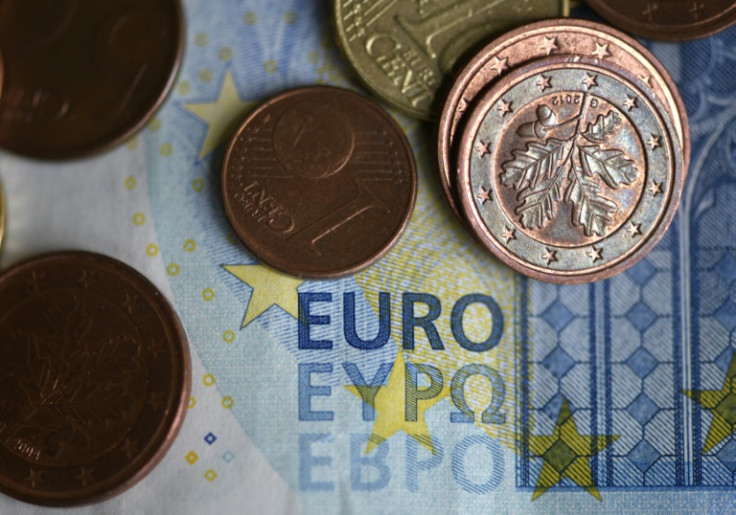ECB Reaffirms Rate Hike Plans Even As Recession Looms Large
European Central Bank policymakers stood firmly behind plans to keep raising interest rates even at a cost to economic growth, as data on Friday showed rising inflationary pressures.
The ECB doubled its deposit rate to 1.5% on Thursday and promised more tightening in the months to come in a bid to prevent sky-high inflation from getting entrenched, rebuffing government criticism that it was exacerbating a likely recession.
Although markets have started to price out some rate hikes, policymakers warned that another increase in December was certain and the deposit rate could then continue to rise.
"It will go even higher in December and the first months of next year," ECB policymaker Peter Kazimir said on Friday.
"We will cross the neutral rate -- regardless of where anyone currently sees it -- like a runaway train," Kazimir, Slovakia's central bank chief, said. "We need to get monetary policy into the so-called restrictive environment, at least for a certain period."
At the ECB's neutral interest rate, seen somewhere between 1.5% and 2%, the bank is neither stimulating nor putting a brake on economic activity.
Kazimir's call came shortly after the ECB's Survey of Professional Forecasters, a key input in policy deliberations, showed euro zone inflation will be higher than feared for years to come and could stay above the bank's 2% target indefinitely.
Inflation, running at almost 10%, is seen falling only to 5.8% in 2023, above the ECB's own projection for 5.5%, then holding at 2.4% in 2024.
While that is still decisively above target and likely to justify more policy tightening, the forecast is still below the International Monetary Fund's 2.7% projection.
Reinforcing these inflation fears, most German states reporting price growth data on Friday showed a continued acceleration, defying expectations for a slowdown or at least a steady reading.
Italian inflation meanwhile soared to 12.8% in October, far outpacing expectations for 9.9% while French price growth was also well above forecasts.
Still, tempering the ECB's message, French central bank chief Francois Villeroy de Galhau noted that the next rate hike would not necessarily be 75 basis points, following two such back-to-back moves.
Markets currently price a 50 basis point ECB hike in December and see rates peaking at 2.7% next year, below the 3% anticipated just a few days ago.
RECESSION
The hawkish ECB commentary comes as a recession looks now almost certain, prompting a barrage of criticism from European leaders.
The ECB's survey predicted that economic growth would total just 0.1% next year and there would be three quarters of negative growth starting with the third quarter of 2022, totalling a cumulative decline of 0.7%.
Top European officials including French President Francois Macron to Italian Prime Minister Giorgia Meloni expressed frustration with the ECB in recent days, arguing that its fastest ever policy tightening could intensify the downturn.
ECB chief Christine Lagarde pushed back on the criticism on Thursday, arguing that breaking inflation was the ECB's chief mission and governments could help by providing targeted support for the most vulnerable.
Highlighting the risk, major global companies including Amazon, Unilever and Reckitt Beckiser this week gave the starkest warnings yet on the challenges facing European consumers this winter. "Fuel cost and the impacts of the Ukraine war are hitting the economies in Europe even harder than the U.S., and that's showing up in consumer spend," Brian Olsavsky, Amazon's chief financial officer, told reporters. Unilever, maker of more than 400 brands including Persil detergent and Ben & Jerry's ice cream, on Thursday also gave a dire assessment. "Consumer sentiment in Europe is at an all time low," Chief Financial Officer Graeme Pitkethly told reporters, warning of fears of a "confluence of events" with energy prices and inflation rising and households' savings waning.

© Copyright Thomson Reuters 2025. All rights reserved.




















